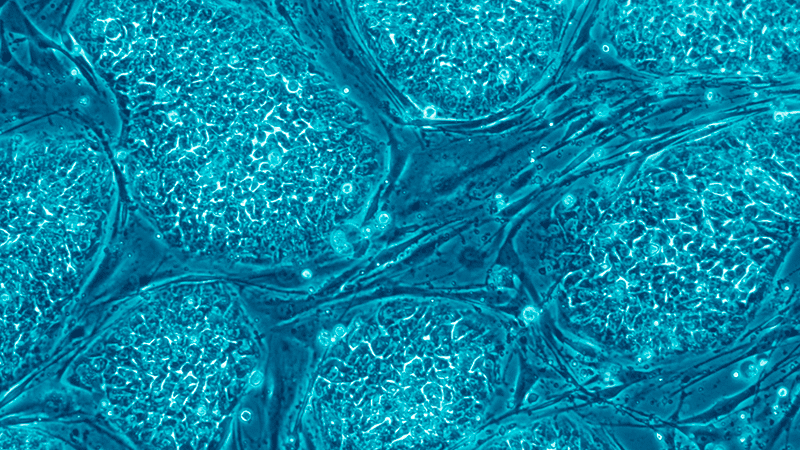Adult stem cell treatment has dramatically improved the lives of people with Multiple Sclerosis (MS).
The treatment, celebrated as a “game changer” by doctors, was used in a trial with patients in the UK, US, Sweden and Brazil.
MS is a degenerative autoimmune disease that affects around 100,000 people in Britain.
Symptoms improved
Unlike embryonic stem cells, which involve the destruction of embryos, the adult stem cells used were harvested from the patients’ own blood.
About half of the patients involved in the trial received a ‘reboot’ to their immune system using their own stem cells, while the other half had drug treatment.
The technique, known as an autologous haematopoietic stem cell transplant (HSCT), is usually used with cancer sufferers.
After an average follow-up of three years, HSCT failed in just 6 per cent of cases compared with a 60 per cent failure rate in the drug group. Symptoms were found to have improved for those in the transplant group whereas they worsened in the drug group.
‘Thrilled’
Professor Richard Burt, who led the trial, said: “The data is stunningly in favour of transplant against the best available drugs – the neurological community has been sceptical about this treatment, but these results will change that.”
Professor John Snowden, director of blood and bone marrow transplantation at Sheffield’s Royal Hallamshire Hospital, said: “We are thrilled with the results – they are a game changer for patients with drug resistant and disabling multiple sclerosis”.
Professor Basil Sharrack, a neurologist at the same hospital, added that it “is the best result” he has seen “in any trial for multiple sclerosis”.
Doctors did point out that the treatment is not suitbale for all MS patients and the process can be arduous.


